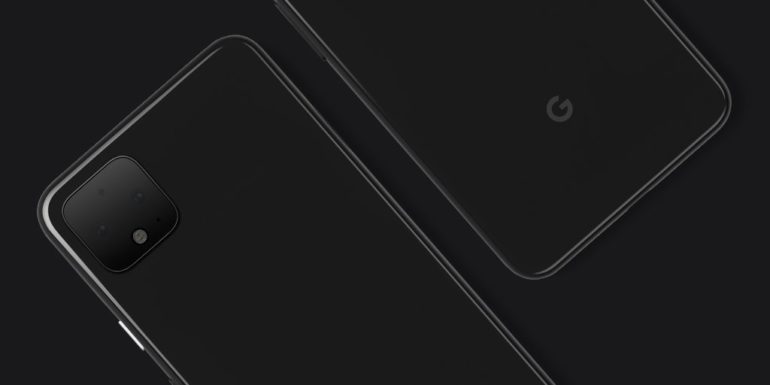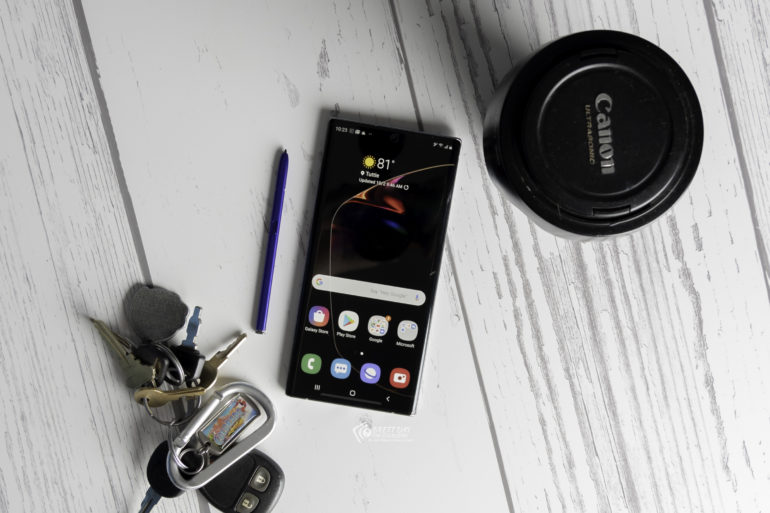Your peers sold their secrets to help Google make the Pixel 4 better at retouching, and that’s not a good thing.
Whether you like it or not, computational photography is changing the face of photography as we know it. Right now, this breakthrough in technology and machine learning is limited to smartphones because, without it, the results from the cameras in the phones wouldn’t be impressive. Still, with their AI algorithms, we know that phones like the iPhone 11 Pro, the Galaxy Note 10, and the Pixel 4 can produce jaw-dropping images. It turns out that, though, that Google is paying photographers to divulge their secrets about retouching (and who knows what else) so that Google can feed this information into their algorithms. While this may make life easier for those who use phones, it will probably end up hurting many in the industry. Let’s talk about this after the break.

A recent article on Digital Trends sheds some light on an interview Isaac Reynolds (Google’s lead camera product manager for the Pixel 4) gave to The Vergecast. During the meeting, Reynolds said the Pixel 4 camera team at Google spoke to a group of wedding photographers who helped them create their face retouching AI. Reynolds stated that the reason for this was so that the software didn’t cross any lines when it came to making lips larger, faces thinner, and noses smaller. I can’t help but think that by selling our secrets or techniques, eventually, this will hurt the industry.

Smartphones like the Pixel 4 have already had such a dramatic impact on the camera market and photography in general. While smartphones are now good enough for the average user, I hate to think both professional photographers and professional retouchers will eventually feel the squeeze that computational photography will put on us. What sucks even more is that we are hurting ourselves by helping them. Sure, it will take a while for smartphone cameras and the AI they employ to match what a trained professional can do in post, but the time is coming where this will change.
We, as photographers and photo editors, are not doing ourselves any favors by selling out to the likes of Google, Apple, Samsung, or any other smartphone manufacturer. Will their teams of software engineers figure it out by themselves eventually? Of course, there is no doubt about that. Machine learning is too powerful not to, but helping them along on their merry way may also be hastening our demise. How do you feel about your peers selling tips and advice to the likes of Google so that they can train their AI to do everything you can do. Lets us know in the comment section below.


